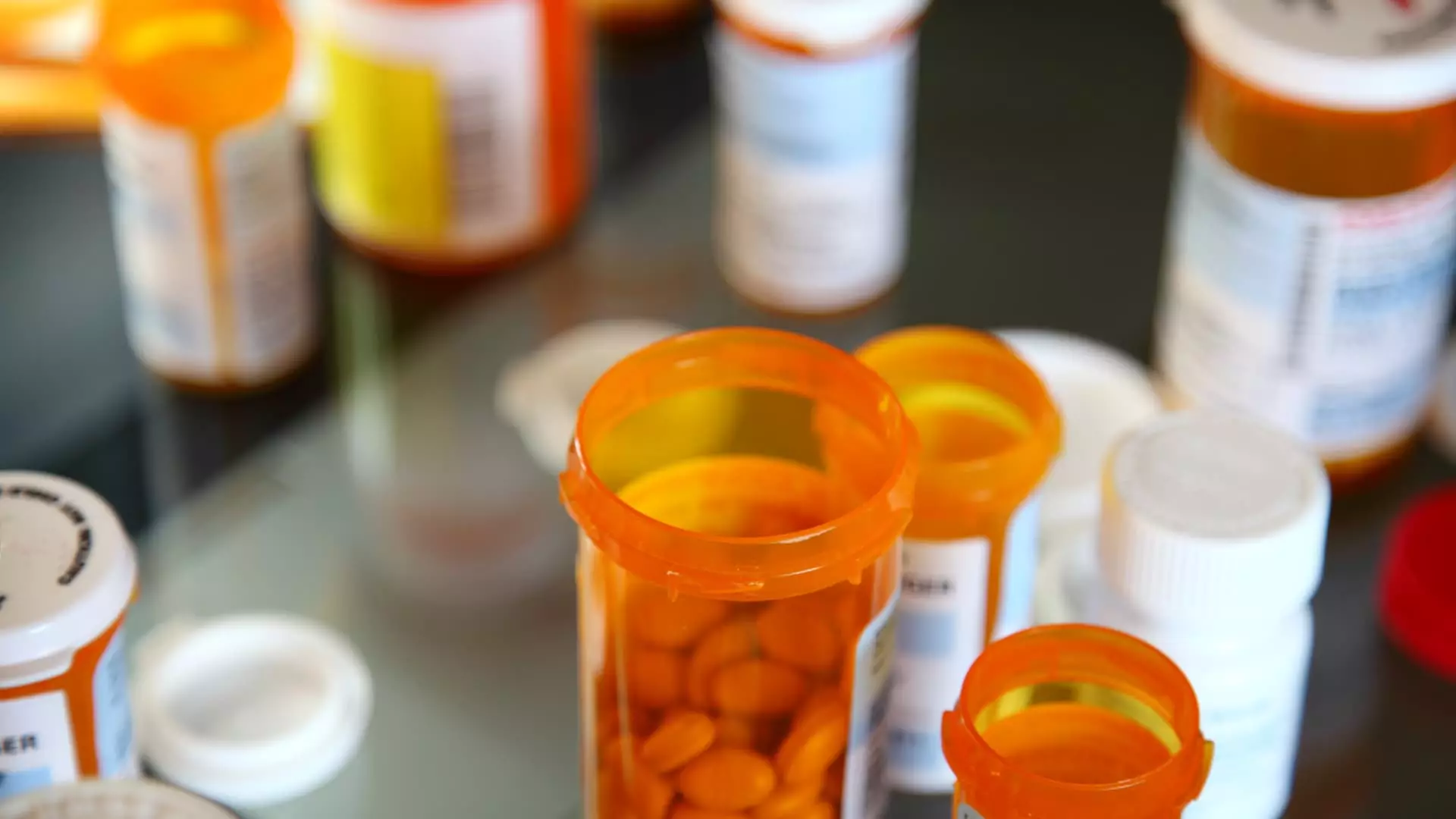The recent announcement by President Donald Trump to impose hefty tariffs on imports from Canada, Mexico, and China has raised serious alarms among industry experts and healthcare advocates alike. With a 25% tariff on goods from Canada and Mexico and a 10% levy on Chinese imports slated to take effect imminently, the implications for the already fragile U.S. pharmaceutical landscape are profound. Drug shortage issues, high healthcare costs, and the sustainability of generic drug manufacturing represent pressing concerns that could be exacerbated by these trade measures.
The context in which these tariffs are being imposed is critical. The U.S. has been grappling with unprecedented shortages of essential medications, ranging from cancer therapies to basic generics. This precarious situation is further complicated by the fact that generic drugs account for a staggering 90% of the prescriptions filled in the U.S. These tariffs could exacerbate the already dire situation by increasing costs for pharmaceutical companies, particularly generic manufacturers that operate on razor-thin profit margins. John Murphy, CEO of the Association for Accessible Medicines, voiced the concern that additional financial burdens may drive these manufacturers out of the market entirely.
Generic manufacturers often find themselves in a commercially unviable position, selling drugs at low prices while simultaneously being unable to absorb rising production costs. Startlingly, the value of all generic sales in the U.S. has witnessed a decline of $6.4 billion over five years. Such figures stress the precarious balance that generic drug companies must maintain to survive in a low-margin industry exacerbated now by tariff-induced pricing pressures.
The implications extend beyond manufacturers and into the lives of everyday Americans, many of whom already struggle with high prescription medication costs. The tariffs threaten to disrupt the supply chain further, potentially making medications even less accessible. This situation could lead to a scenario where patients are forced to ration essential medications, ultimately degrading overall healthcare outcomes. Organizations like the Healthcare Distribution Alliance have voiced concerns that the tariffs will not only burden the supply chain but will also have severe ramifications for patients who rely on affordable treatment options.
Moreover, this staggering potential for increased medication prices would disproportionately impact those reliant on programs such as Medicare and Medicaid. These programs are already under immense financial strain and increasing medication prices could lead to wider gaps in healthcare coverage and access.
The Hidden Costs of International Supply Chains
The interdependence of the U.S. healthcare system on international supply chains cannot be overstated. China is a pivotal player in supplying active pharmaceutical ingredients (APIs)—the core elements of medicinal products. The implementation of tariffs could significantly impede access to these essential components, leading to further drug shortages and potentially more severe public health impacts.
In addition to pharmaceuticals, the U.S. healthcare infrastructure leans heavily on medical devices that often originate from countries impacted by these tariffs. Major corporations, such as Intuitive Surgical, have already indicated that a significant portion of their components are manufactured in Mexico. The increased costs associated with tariffs could not only reduce profit margins for these companies but inevitably lead to higher costs for healthcare providers and patients as well.
While the Trump administration defends its tariffs as a necessary measure to combat issues like drug manufacturing location and the flow of dangerous substances like fentanyl, the negative fallout on the pharmaceutical and medical device industries must also be taken into account. The Pharmaceutical Research and Manufacturers of America has called for trade measures that consider the broader implications for the healthcare sector, emphasizing the need for safeguarding U.S. intellectual property rather than imposing blanket tariffs that could stifle innovation.
Experts propose that carefully crafted exemptions for essential health products could mitigate some of the negative consequences. There is a consensus that an approach focused exclusively on punishing trading partners may overlook the substantial benefits of international collaboration in pharmaceutical manufacturing and distribution.
The imposition of tariffs by the Trump administration presents a complex array of challenges that could worsen existing drug shortages, raise costs for patients, and jeopardize the future of generic drug manufacturing. As stakeholders from all facets of the healthcare industry voice their concerns, it becomes imperative for policymakers to strike a balance between national interests and the essential need for affordable, accessible healthcare. Thoughtful dialogues that engage all parties will be crucial in navigating this multifaceted issue and ensuring that patient care remains the focal point of healthcare policy.


Leave a Reply